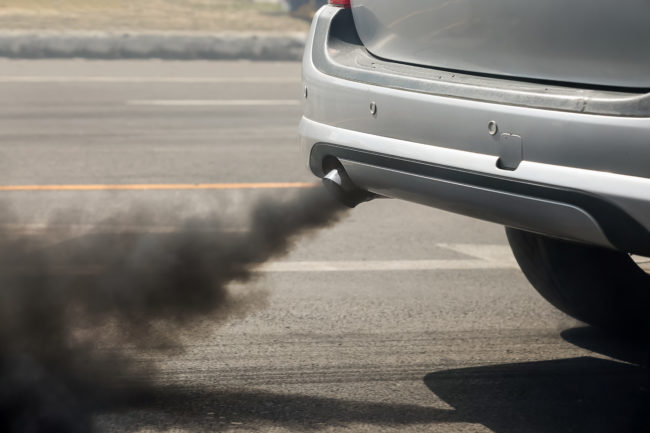Scott Pruitt, the Administrator of the Environmental Protection Agency (EPA), recently discussed a broad range of issues in an interview with Bloomberg TV. Chief among those, Pruitt stated that the EPA is opposed to setting stricter fuel economy standards beyond 2025 and has questioned whether individual states should be able to enact their own tougher emissions rules for cars and light trucks. Pruitt said that California, which has a waiver under the 1970 Clean Air Act giving it authority to set its own emissions standards, cannot dictate vehicle emissions across the country.
“California is not the arbiter of these issues,” Pruitt said. While California sets state limits on greenhouse gas emissions, “that shouldn’t and can’t dictate to the rest of the country what these levels are going to be.”
Under the prior administration, California and the auto industry reached an agreement that set the first carbon limits on tailpipe emissions. Following that agreement, the EPA adopted rules requiring cars and light trucks to average 54.5 miles per gallon overall by 2025. Pruitt stated last year that the EPA would revisit the emission standards for model years 2022 to 2025. The EPA is facing a deadline of April 1 to announce whether the current limits can be attained or should be changed.
California state officials are currently developing vehicle standards through model year 2030. California Air Resources Board (CARB) Chairman Mary Nichols has suggested that California might be open to relaxing its 2025 standards in exchange for the federal government agreeing to establish national emissions limits that extend to 2030. However, Pruitt said the EPA has no interest in that deal.
“Being predictive about what’s going to be taking place out in 2030 is really hard,” Pruitt said. “I think it creates problems when you do that too aggressively. That’s not something we’re terribly focused on right now.”
Pruitt also questioned setting fuel economy standards that are too aggressive. “The whole purpose of CAFE [corporate average fuel economy] standards is to make cars more efficient that people are actually buying,” he said. “If you just come in and try to drive this to a point where the auto sector in Detroit just makes cars that people don’t want to purchase, then people are staying in older cars, and the emission levels are worse, which defeats the overall purpose of what we’re trying to achieve.”
The CAFE guidelines are set for vehicle manufacturers and require an average fuel economy per gallon across the manufacturer’s fleets.
“We want to hear from those folks in California and hear from the political leadership and try to make some informed decisions, but also say at the same time, we have a job to do,” Pruitt said. “We’re going to do our job. And if there are steps being taken to impede that, we’ll have to address that.”
Pruitt did not unequivocally state whether the EPA would act to revoke California’s waiver from the Clean Air Act. But he did express his concerns, saying “Federalism is not one state dictating to the rest of the country what should occur in the area of CAFE.”
This case represents just the latest flash point in the developing struggle between states, federal regulators, and federalism pertaining to environmental issues.

